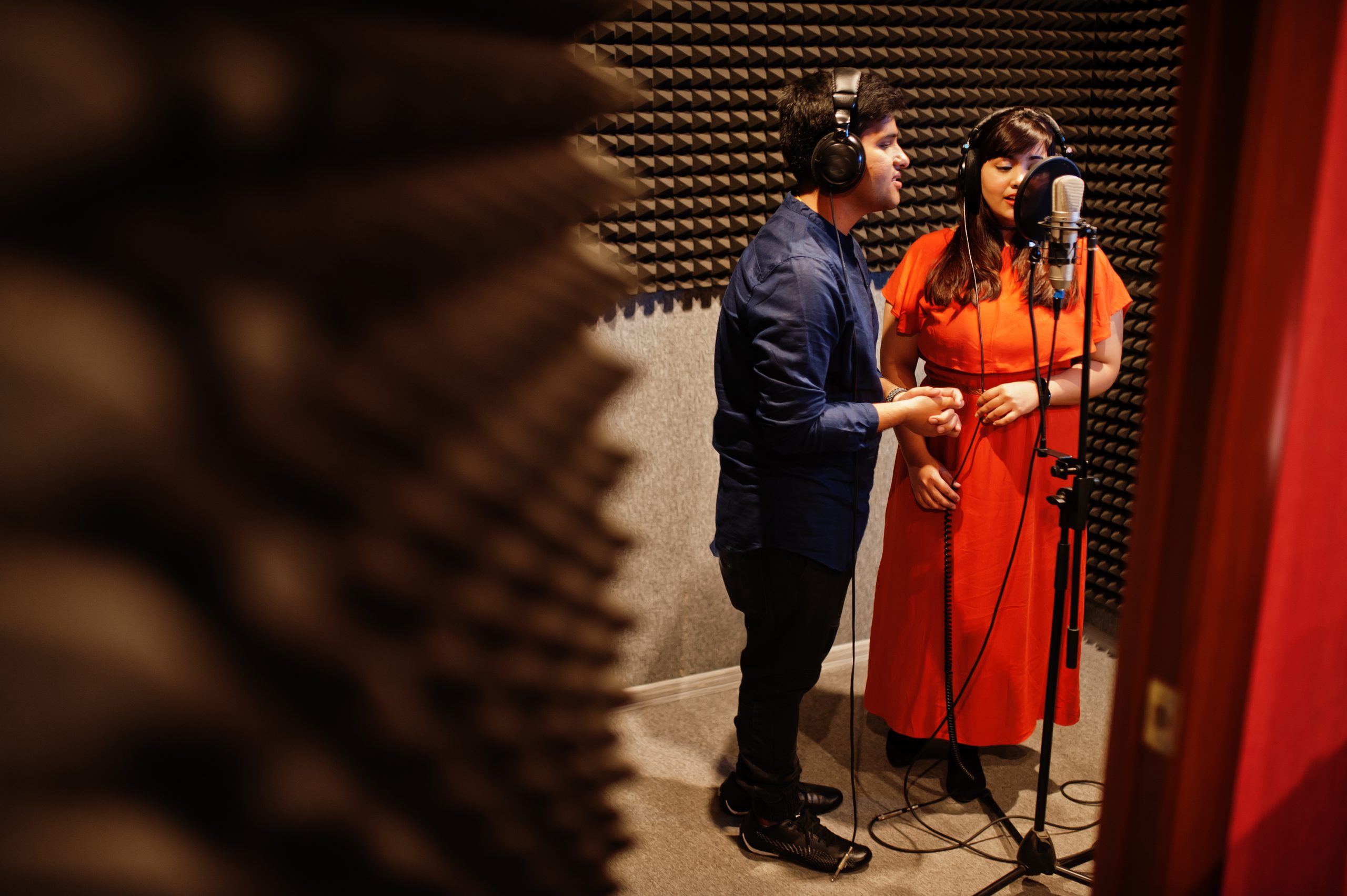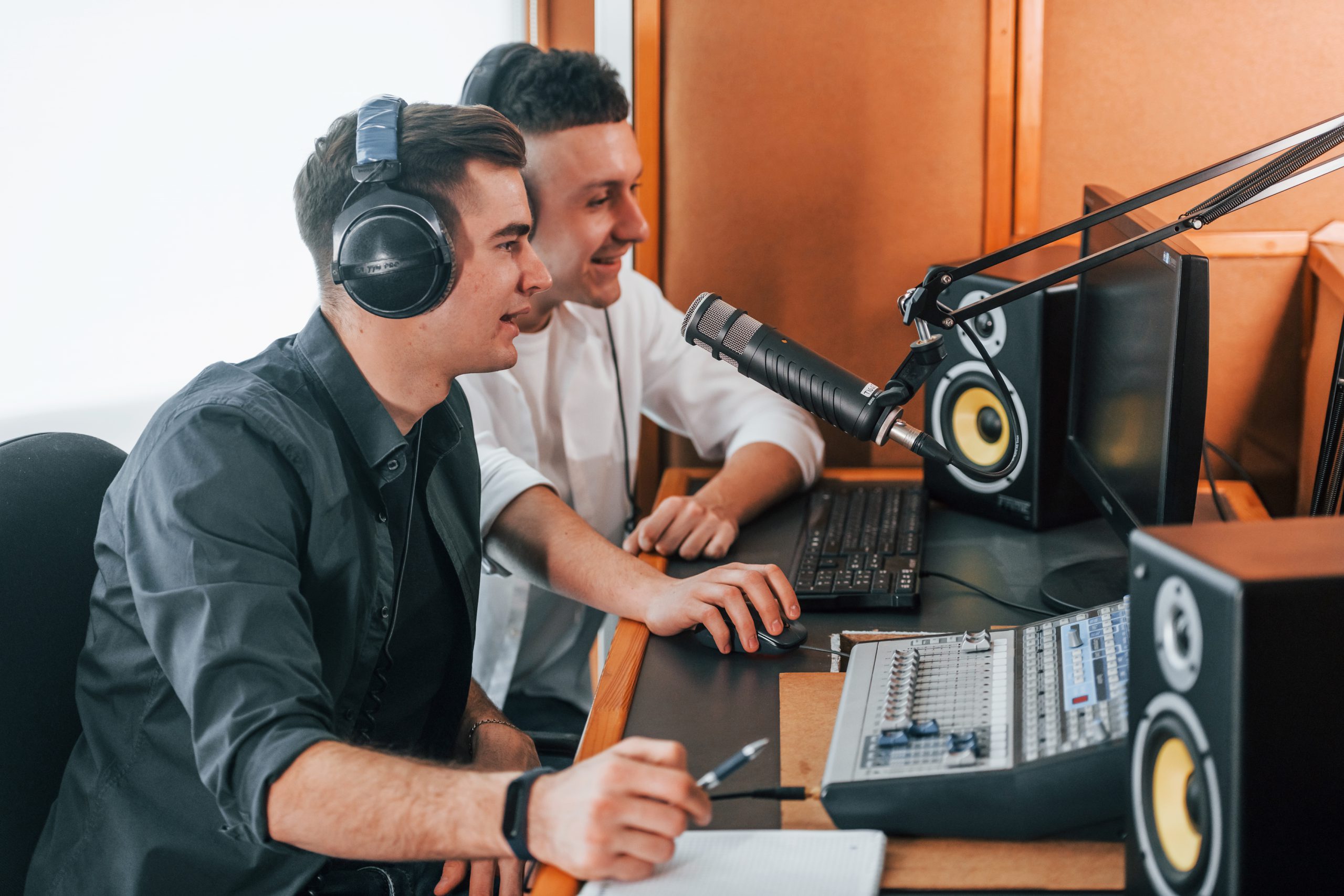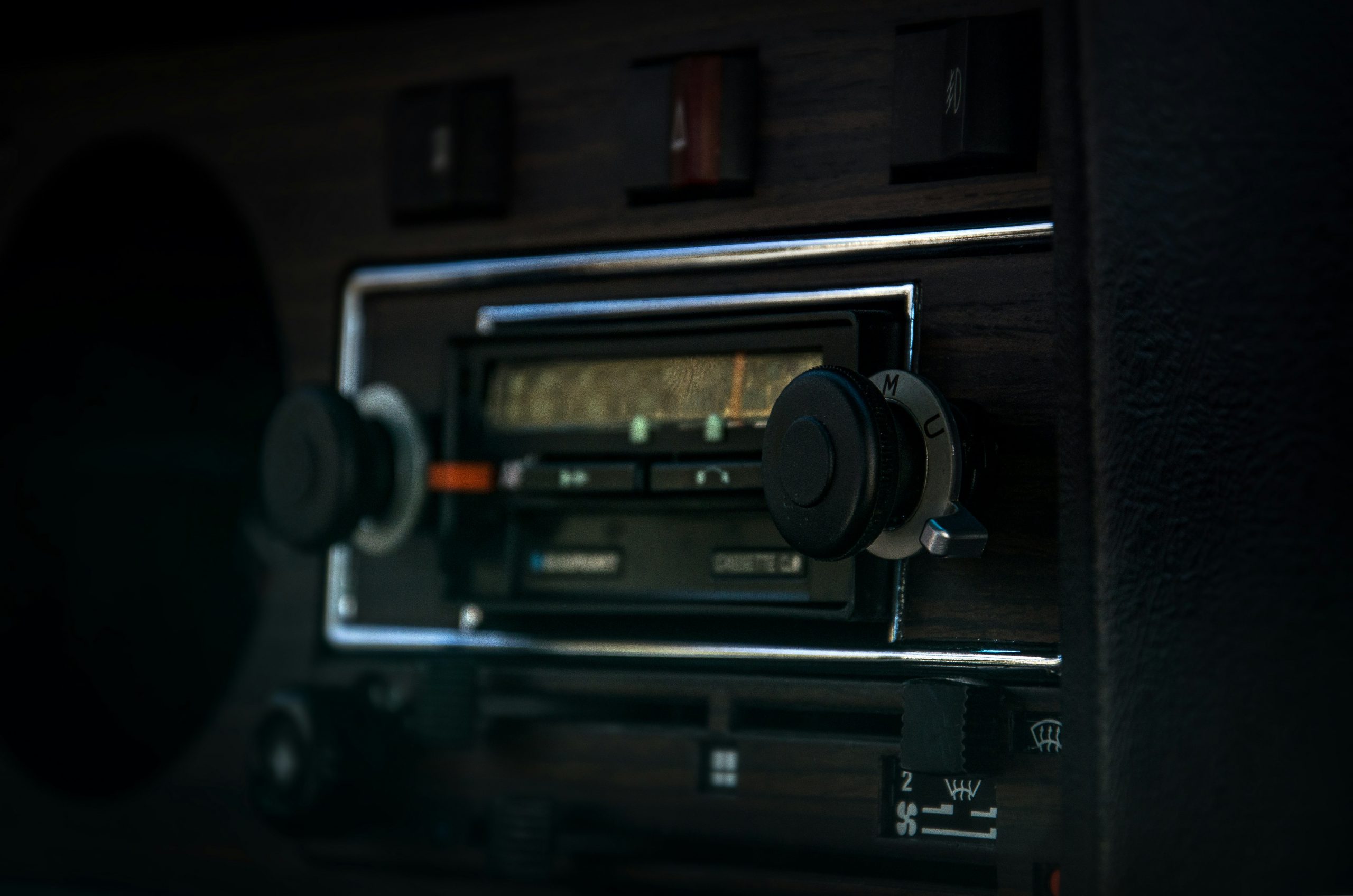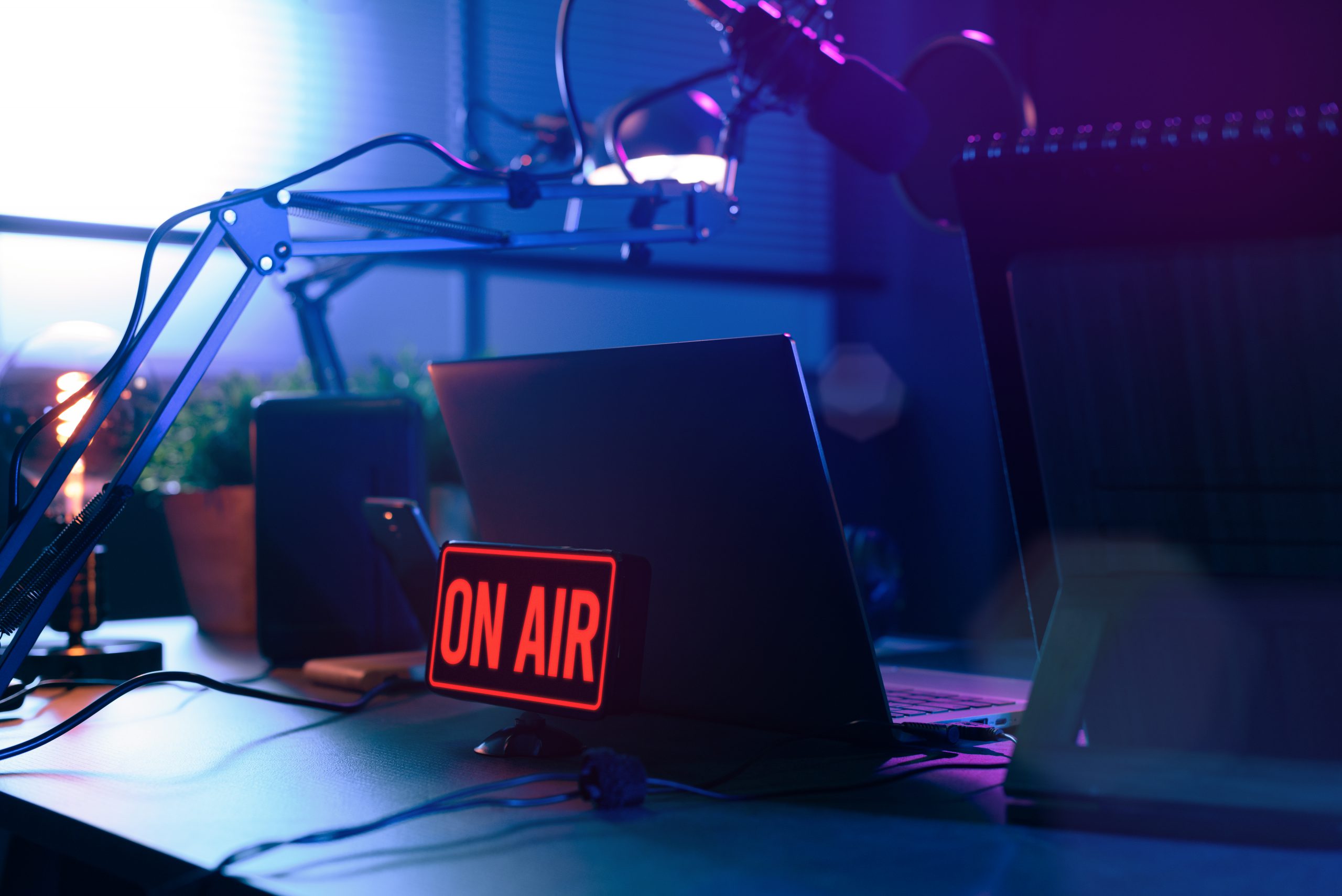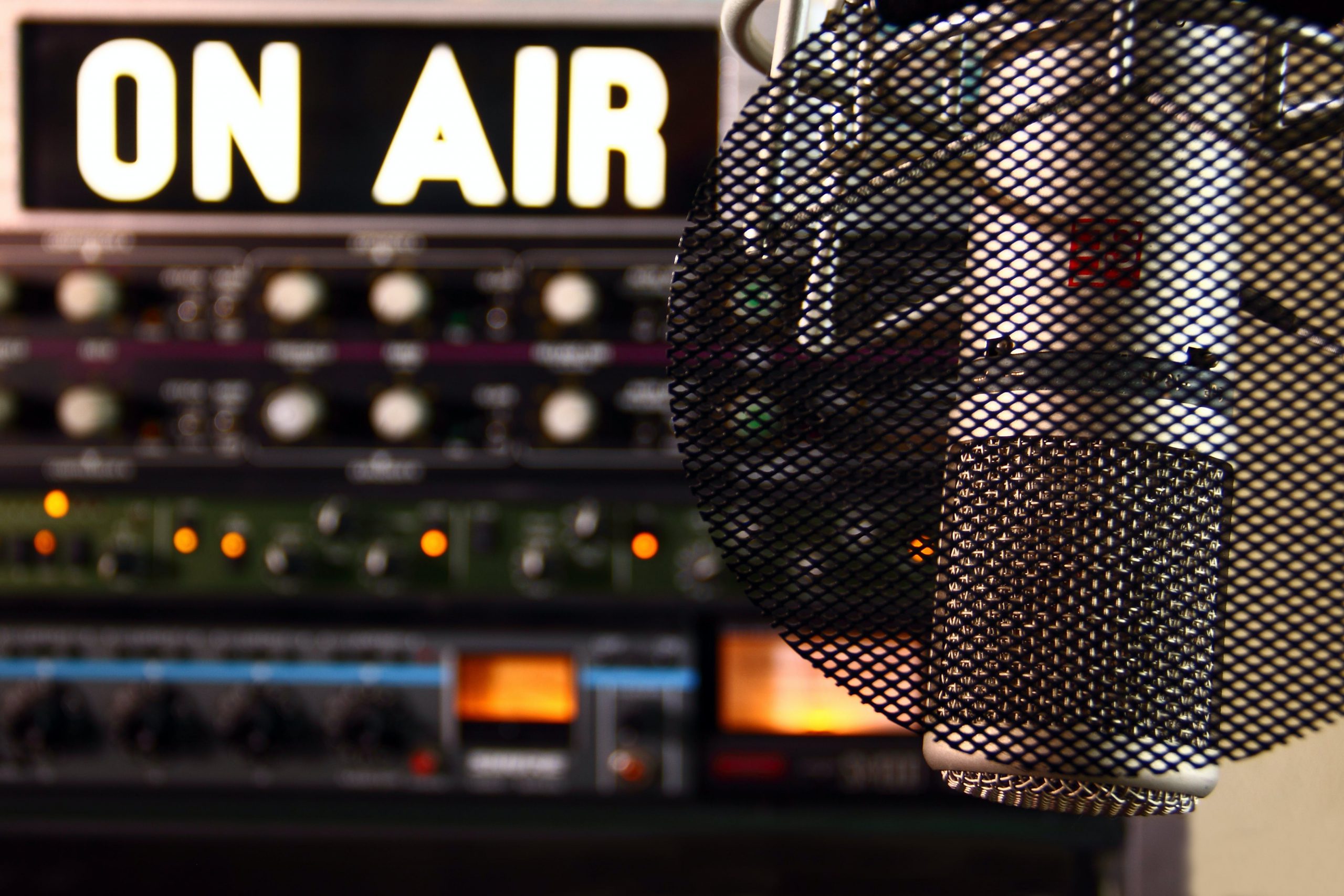In today’s digital era, having a strong and engaging online presence is essential to stay relevant and competitive in the radio industry. For Radio Program Directors, Operations Managers, and On-Air DJs, understanding the importance of an upgraded digital presence and knowing how to implement it effectively can greatly impact audience engagement and overall station success. In this blog post, we will discuss the key aspects of a robust digital presence for radio stations, offer expert insights into cutting-edge digital strategies, and provide an actionable roadmap for optimizing and enhancing your station’s online offerings.
Virtual Jock’s suite of services includes everything from consultancy to talent sourcing, formats, and imaging, all geared toward helping radio stations streamline their sound and maximize their digital presence. In this article, we will delve deeper into the essential elements of a cohesive and effective online strategy, discuss the significance of maintaining a user-friendly website, provide actionable tips for leveraging social media channels to engage with your target audience and explore how mobile applications can invigorate your station’s listener experience. Whether you’re taking your first steps into the digital landscape or reassessing your existing digital presence, our objective is to equip you with the necessary knowledge and inspiration to navigate the world of online radio broadcasting confidently and effectively.
Optimizing Your Radio Station’s Website: The Digital Hub
As radio broadcasters, having a user-friendly and visually appealing website is the key to establishing a strong digital presence. Consider these essential steps for optimizing your station’s website:
1. Responsive Design: Ensure that your website is responsive, providing a seamless browsing experience for users regardless of the device they are using – be it smartphones, tablets, or desktop computers.
2. Easy Navigation: Create a simple and intuitive navigation structure with clear menus and links to vital content, making it easy for users to find the information they seek.
3. Visually Engaging: Adopt a consistent and attractive visual design that reflects your radio station’s brand identity while capturing the attention of users.
4. Content Optimization: Provide valuable content that resonates with your target audience, such as podcasts, blogs, artist interviews, and behind-the-scenes information. Keep your content fresh and regularly updated to encourage repeat visits.
5. Search Engine Optimization (SEO): Implement SEO best practices to improve your website’s visibility in search engine results and attract more organic traffic. This includes optimizing your website’s metadata, creating keyword-targeted content, and establishing quality backlinks.
Leveraging Social Media Channels for Listener Engagement
Social media platforms offer unique opportunities to connect with your target audience and promote your radio station’s content. Here are some best practices for harnessing the power of social media:
1. Platform Selection: Choose social media platforms that align with your radio station’s brand and appeal to your target audience – be it Facebook, Instagram, Twitter, TikTok, or LinkedIn.
2. Consistent Branding: Establish a consistent brand identity across all social media profiles, involving a recognizable profile picture, engaging bio, and cohesive visuals that reflect your station’s identity.
3. Content Strategy: Develop a strategic content plan that includes a mix of entertaining, informative, and promotional content tailored to each platform’s unique strengths and user demographics.
4. Engage with Your Audience: Foster a sense of community by actively engaging with your listeners through comments, direct messages, and interactive content – such as polls and live broadcasts.
5. Analytics and Reporting: Monitor and analyze the performance of your social media campaigns to identify areas for improvement, fine-tune your strategy, and make data-driven decisions.
Maximizing Engagement Through Mobile Applications
Investing in a mobile application can significantly enhance your radio station’s digital presence by offering listeners a convenient and immersive experience. To create a successful mobile app for your station, consider the following:
1. User-Centric Design: Develop an app with a straightforward, visually appealing interface that allows listeners to easily access station content such as live broadcasts, podcasts, and news.
2. Personalization Features: Implement features that allow users to customize their listening experience, such as tailored content recommendations, favorite shows, and personalized notifications.
3. Additional Content: Offer exclusive content available only through your mobile app to incentivize downloads and create a unique experience for your audience.
4. Social Sharing: Integrate social sharing features that allow your listeners to share their favorite content, further promoting engagement and driving new listeners to your station.
5. Cross-Platform Availability: Ensure that your mobile app is compatible with both iOS and Android devices to reach the majority of your target audience.
The Power of Professional Consultancy Services in Elevating Your Digital Presence
Enlisting the support of professional consultancy services like Virtual Jock can provide valuable guidance in optimizing your radio station’s digital presence. Benefits of partnering with professional consultants include:
1. Expertise and Industry Insights: Consultancy services bring invaluable experience, knowledge, and current strategies for digital marketing, branding, and content optimization.
2. Strategic Planning: Professional consultants can guide you in developing coherent and effective digital strategies customized for your radio station’s goals and target audience.
3. Analytics and Data-Driven Decisions: Utilize data and in-depth analysis provided by experts to identify trends, assess performance, and make informed decisions for the success of your radio station.
Embrace the Digital Landscape for Radio Broadcasting Success
Upgrading your radio station’s digital presence through an optimized website, engaging social media channels, and convenient mobile applications is crucial for achieving long-term success and bolstering listener engagement. As you navigate the world of online radio broadcasting, consider the added value of partnering with professional consultancy services like Virtual Jock to refine your approach and ensure your digital footprint remains engaging, consistent, and relevant in today’s fast-paced digital landscape.
Achieve a comprehensive digital upgrade by capitalizing on the diverse range of services, like radio ad production, offered by Virtual Jock. Contact us today to discover how our expertise can help optimize your radio station’s digital presence, ensuring that your online platforms are engaging, consistent, and reflective of your unique brand identity.



